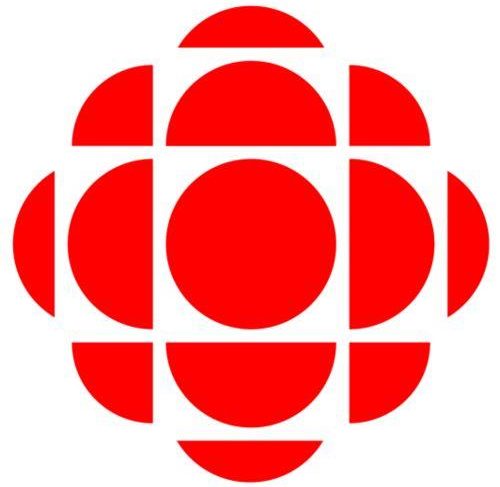
OTTAWA – CBC will eliminate the equivalent of 657 positions as part of $130 million in budget cuts over the next two fiscal years, the national broadcaster announced Thursday. It will also incur one-time severance costs of $33.5 million.
The cuts are necessary to balance its current budget, said president and CEO Hubert Lacroix, in a press release. He blamed the loss of the NHL, an industry-wide softening of the advertising market, disappointing schedule performance in key demographics on CBC Television, and lower-than-expected ad revenues from Espace musique and CBC Radio 2.
Lacroix also said that CBC and Radio-Canada will no longer compete with private broadcasters for professional sports rights (something it no longer has the resources to do anyway), cancelled planned expansions into new regions such as London, ON, and will consolidate the ad sales groups of CBC and Radio-Canada.
“Today's budget announcement is about three things: 1. making choices and doing fewer things better, 2. modernizing how we do what we do, and 3. accelerating the process of reinventing Canada's public broadcaster to meet the future needs of Canadians, taking into account a much lower revenue base", he said in the release.
Lacroix added that CBC will announce a new strategic framework in June that “will guide the Corporation's evolution towards a smaller, more nimble and more open public broadcaster”.
“It will ensure that the services we provide, and the operating model that supports those services, evolve in tandem with the changing expectations of Canadians and the movements of our industry”, he continued. “Today's announcement is not an end point, but a pivot point into a period of accelerated change."
"Many of you might be thinking: It’s all because of hockey. Well, no. It would be too easy to blame everything on the decision by the NHL to go exclusively with Rogers," Lacroix told employees in his town hall speech to them Thursday afternoon. "I will be the first one to admit that hockey was for us an integral part of our Corporation, anchored our CBC Television schedule and mobility offering, gave us clout in the advertising markets, and factored in when we allocated our financial resources between CBC, Radio-Canada and our non-media services.
"And, the choice by the NHL of a single, exclusive broadcaster also affects the overall ad market, the balance of power between the conventional broadcasters and the sports specialty channels. The media environment in the francophone market is also affected with TVA now holding rights to the Saturday evening national games and play-offs. So yes, the loss of the hockey contract is significant but is only one piece of a much more complicated puzzle.
"We can’t be resizing the public broadcaster every two years. It’s not good, it’s not healthy, and it’s not the normal course of business." – Hubert Lacroix, CBC
"First, television, where there’s an industry-wide softening of the television advertising market – down approximately 5% overall in the last year," Lacroix continued. "This is common to all conventional broadcasters, and neither CBC nor Radio-Canada was spared. In addition, on the CBC side, since last summer, our prime time TV schedule performed poorly in attracting 25-54 year-old viewers, the most important demographic for advertisers. And yes, on top of that, we now have to plan the revenues coming from our prime-time CBC TV schedule without the pull effect of hockey and with Rogers/TVA now holding the NHL rights. The combination of these factors represents about a $47M hit to our revenue.
"Second, as you know, advertising sales on CBC Radio 2 and Espace musique are much weaker than expected. This is a major disappointment. We’re trying to fix this, but the initial projections won’t be met. We are not close. This represents a $13M shortfall, nearly all of it impacting English Services.
"Third, we are facing other pressures from factors such as fixed cost increases of $42M and the $30M impact of a two-year salary inflation funding freeze by the federal government. So, by the time we get to the bottom of this slide, you see what kind of a challenge we were facing just to balance our 2014/2015 budget," he said in his speech.
"Balancing our 2014/2015 budget wasn’t easy. Probably the most difficult budget to land since I came in on. But this challenge made one thing very clear: we can’t be resizing the public broadcaster every two years. It’s not good, it’s not healthy, and it’s not the normal course of business."
Cartt.ca will have much more on this later in the week.



